Get Your Free 1st Issue
Your Homes Overseas Magazine!
Discover the best destinations, property tips, and lifestyle insights from around the world.
GET YOUR FREE MAGAZINE HERE!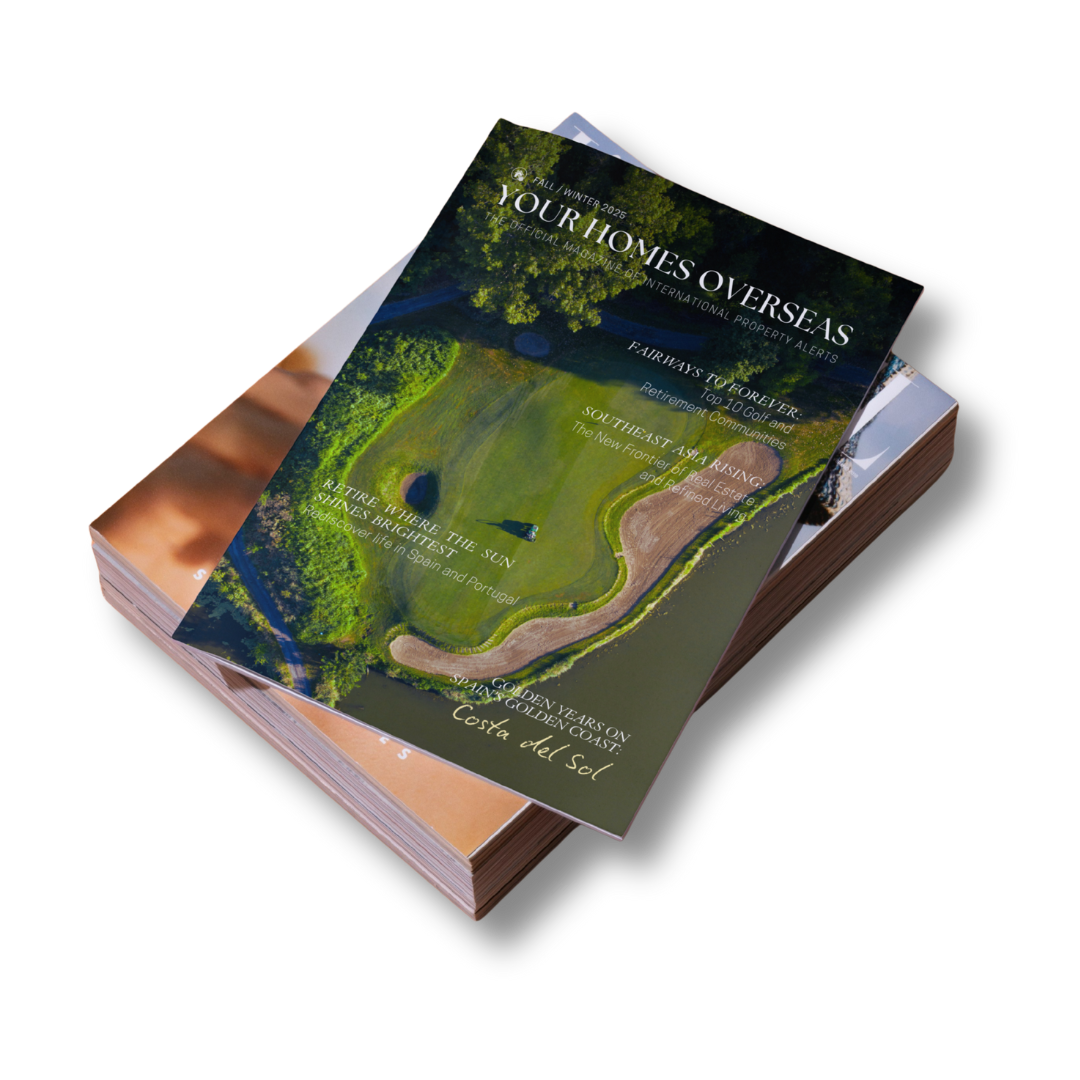

Discover the best destinations, property tips, and lifestyle insights from around the world.
GET YOUR FREE MAGAZINE HERE!

Twenty years ago, if you’d predicted I’d settle in Munich, Germany, biking through its clean streets and hiking Alpine trails for a summit beer, I’d have laughed. My life in Beijing, China, from 2006 to 2012, was a whirlwind of urban intensity, working as a travel writer and radio reporter, covering events, networking at Great Wall parties, and navigating the post-2008 Olympics buzz. Fast forward to today, and Munich’s calm, nature-rich lifestyle has become the grounding European home I never knew I needed, especially as I explore the best international real estate opportunities available.
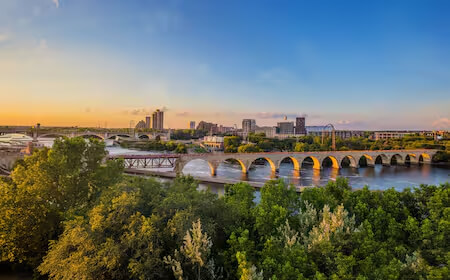
Growing up in Minnesota, the “Land of 10,000 Lakes,” I felt restless after a tough high school experience marked by family challenges and a shift from excelling in Chinese, oboe, ballet, and soccer to waitressing to make ends meet. In 1998, at 20, I saved $15,000 from two jobs for a life-changing adventure. A poorly planned backpacking trip across Europe in the ‘90s sparked my wanderlust, followed by study abroad in Mexico, volunteering in London, and eventually moving to Beijing in 2006 after a breakup. In 2012, I relocated to Munich with a partner for a master’s program, and though the relationship ended, Munich became my home.
My move to Munich began with my ex-partner’s job offer, and studying was a practical way to secure a long-term stay. I enrolled in a Media Communications master’s program (in English) at Macromedia Hochschule, starting in September 2012 during Oktoberfest. Initially, we lived in Erding, a quiet village 30 minutes from Munich, which felt isolating. Moving to the city center transformed my experience, allowing me to connect through Meetup.de events, German classes, yoga, and salsa dancing.
Germany’s job market favors STEM professionals, with giants like BMW, Siemens, and Microsoft based in Munich. Non-EU citizens can leverage the new “Job Search Opportunity Card,” a one-year visa to find work, or study for an 18-month post-graduation work visa. After five to seven years, permanent residency or citizenship is possible. Freelancing, like my EFT Empowerment coaching business, is trickier due to bureaucratic hurdles and language requirements, but persistence pays off. If you’re thinking of making a big move, be sure to check out things to consider when moving abroad to help prepare.
Learning German (A2 level minimum) is crucial for navigating daily life, visa offices, taxes, or even bakeries, though many locals speak English. Bavarians appreciate the effort, and weekly classes have kept my German at B1/B2, boosting connections at meetups and social events.
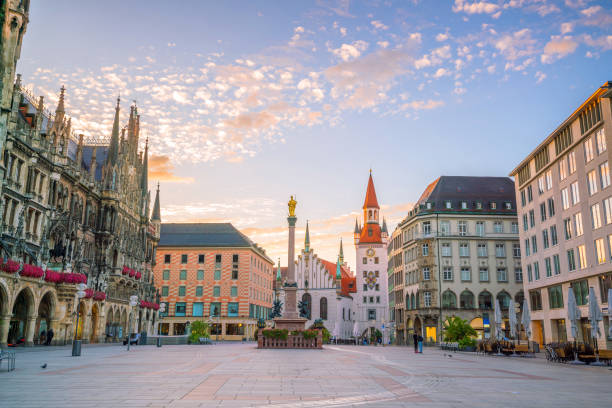
Munich blends tradition, cleanliness, and nature. The Isar River and sprawling English Garden offer biking and picnic spots, while the Old Town (Altstadt), dating to the 1100s, dazzles with Marienplatz’s neo-Gothic Rathaus, elegant cafés, and the iconic Frauenkirche with its green-domed towers. Viktualienmarkt, with 140 stalls of fresh produce, bratwurst, and local brews like Hacker-Pschorr, is a food lover’s haven.
Bavarians prioritize their Catholic heritage, trachten (dirndl and lederhosen), and hearty cuisine. Beer gardens, nearly 200 in Munich, encourage bringing your own bread and cheese while buying Maß beers. Locals are friendly, especially over a “Prost!” at a beer garden or Alpine hut. Munich’s international vibe, with 30% foreigners, reflects its academic and tech hubs.
Munich is one of Germany’s most expensive cities, especially for housing. Only 25% of residents own homes, and studio apartments start at €800-€1,000 monthly. Shared flats (WG) cost €500-€800, but finding a place requires patience, budget for six to eight weeks in temporary lodging like Airbnb, plus deposits. Many rentals lack kitchens, so you may need to buy one from the previous tenant.
Food is reasonable. A hearty Bavarian meal, pizza, or döner kebab costs €4-€30, and groceries at Aldi are cheap: organic milk (€1.25), chicken thighs (€4.99/500g), eggs (€2.39/six), or spinach (€1.79). Locals save by enjoying “Wegbier” (beer to-go) or picnicking in beer gardens, combining green spaces with affordable dining.
The Bavarian Alps, just 1.25 hours away by train, were a revelation. A hike from Garmisch through cow-filled pastures to a summit with beers and homemade bread hooked me. Joining “Munich Hiking Buddies” opened up countless trails, accessible without a car. Bavaria’s natural beauty and fit locals, seemingly fueled by beer and bread, make weekend hikes a highlight.
Germany’s healthcare system is a major perk. Public and private insurance, based on income, covers everything, no deductibles, co-pays, or surprise bills. A bike accident led to a €1,000 knee brace, x-rays, and eight months of physio, all covered. A recent bronchitis visit, booked via the Doctolib app, cost €5 for antibiotics. Compared to a U.S. friend’s GoFundMe for chemo, Germany’s system offers peace of mind.
Munich has become home, offering a vibrant friend group, a thriving coaching business, and a deliberate, healthy lifestyle. From biking to beer gardens to Alpine hikes, it’s given me space to heal and grow. As Thoreau said, I’m living “more deliberately,” and I’m not looking back. If you’re inspired to explore your own journey abroad, feel free to contact us.
Studying or securing a STEM job are the easiest routes. The “Job Search Opportunity Card” offers a one-year visa to find work, and post-graduation, students get an 18-month work visa. Permanent residency is possible after five to seven years.
English is common, but A2-level German helps with bureaucracy and daily interactions. Locals appreciate the effort, and classes or meetups can boost fluency.
Housing is pricey (€800-€1,000 for studios), but shared flats (€500-€800) and affordable groceries (e.g., €1.25 milk at Aldi) help. Beer gardens and picnics keep socializing budget-friendly.
Germany’s multi-payer system covers nearly all costs with no deductibles or co-pays. Public and private options ensure quick access to quality care, like physio or prescriptions.
Join Meetup.de groups, language classes, or activities like yoga, salsa, or hiking. Beer gardens and Alpine outings are great for meeting locals and expats.
About International Property Alerts
International Property Alerts is a premier global platform connecting real estate investors with handpicked opportunities in emerging and lifestyle-driven markets. Through curated listings, expert guidance, and market insights, we help buyers make confident property decisions worldwide.
Media Contact:

Phone: +4477 1923 8132
📱 WhatsApp: +63927 073 9530
Email: office@internationalpropertyalerts.com
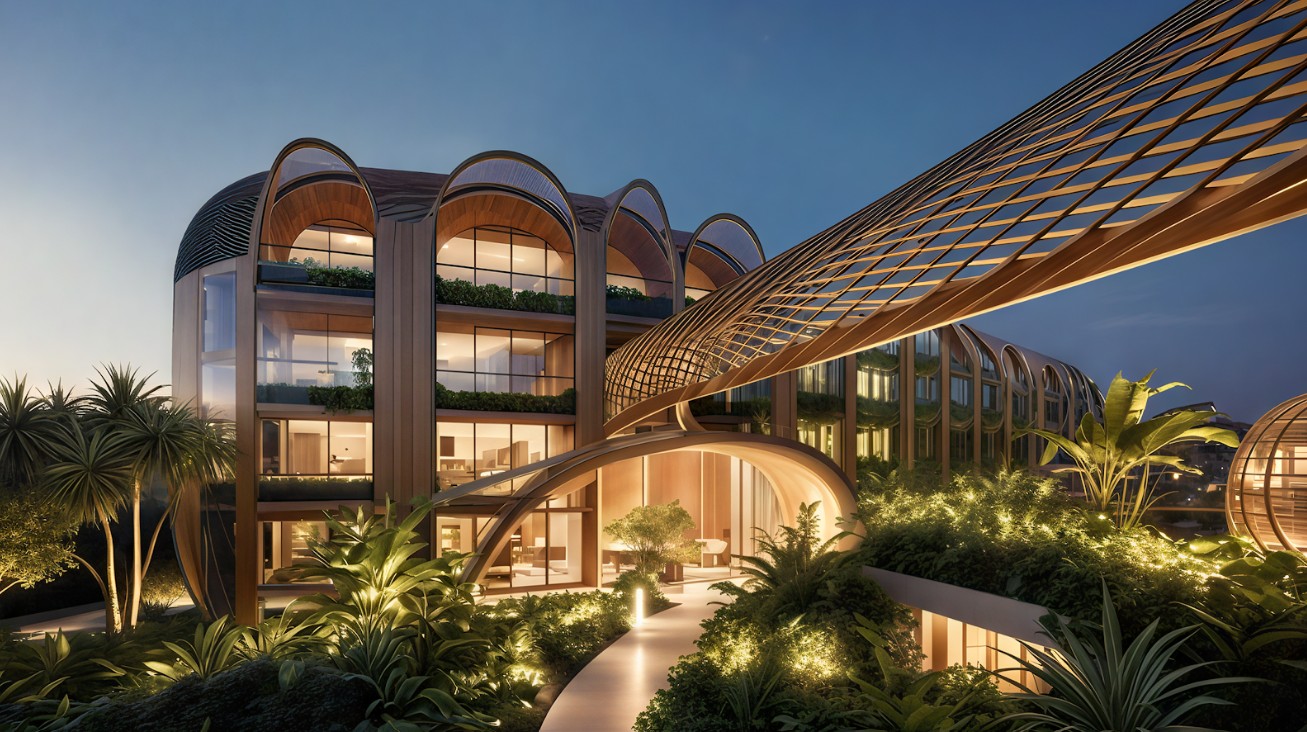
Elle Resort & Beach Club offers a rare chance to own property in one of the most desirable coastal locations. With limited units, strong capital growth potential, and unmatched resort facilities, this is your opportunity to secure a beachfront lifestyle with long-term value.
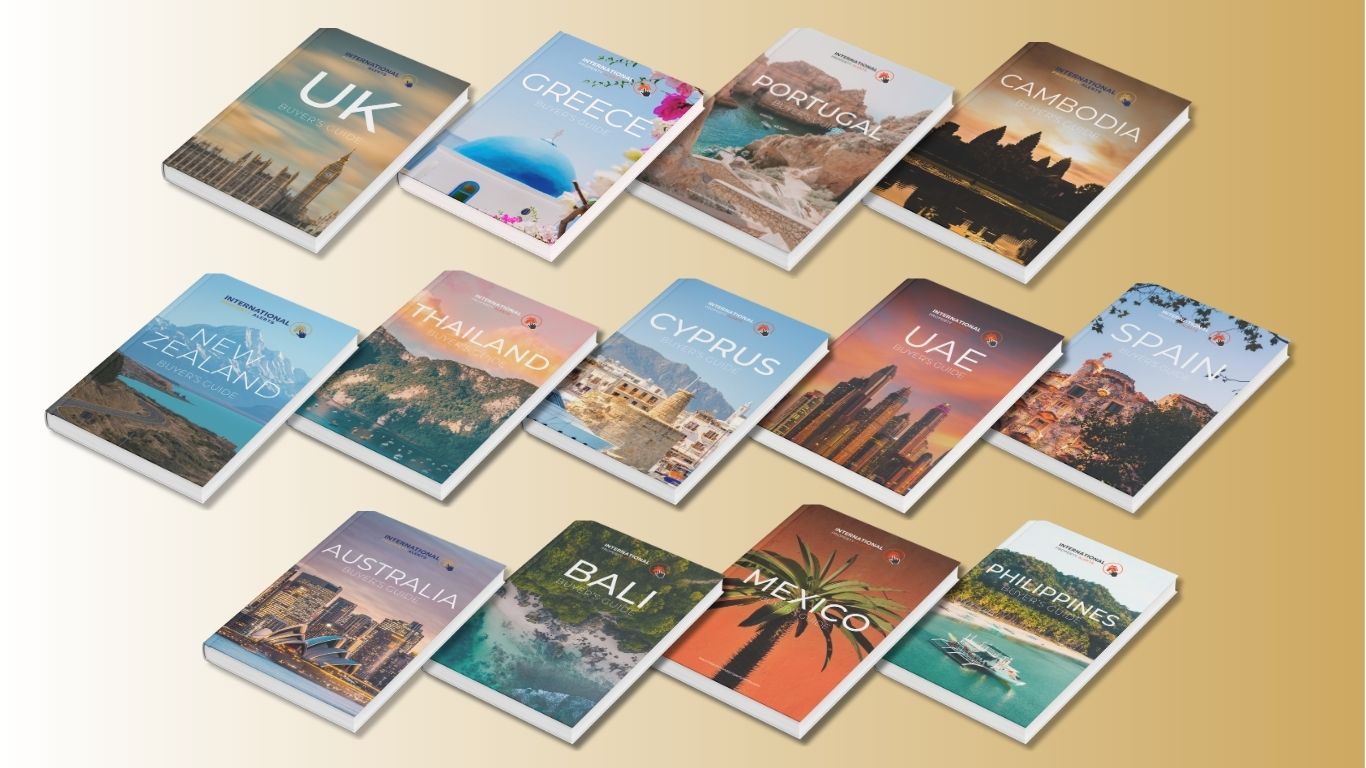
Thinking about buying property abroad? Don’t make the move without the right knowledge. Our Free Buyers Guide gives you essential insights on legal steps, taxes, financing, and the best markets worldwide. Trusted by international buyers and investors.
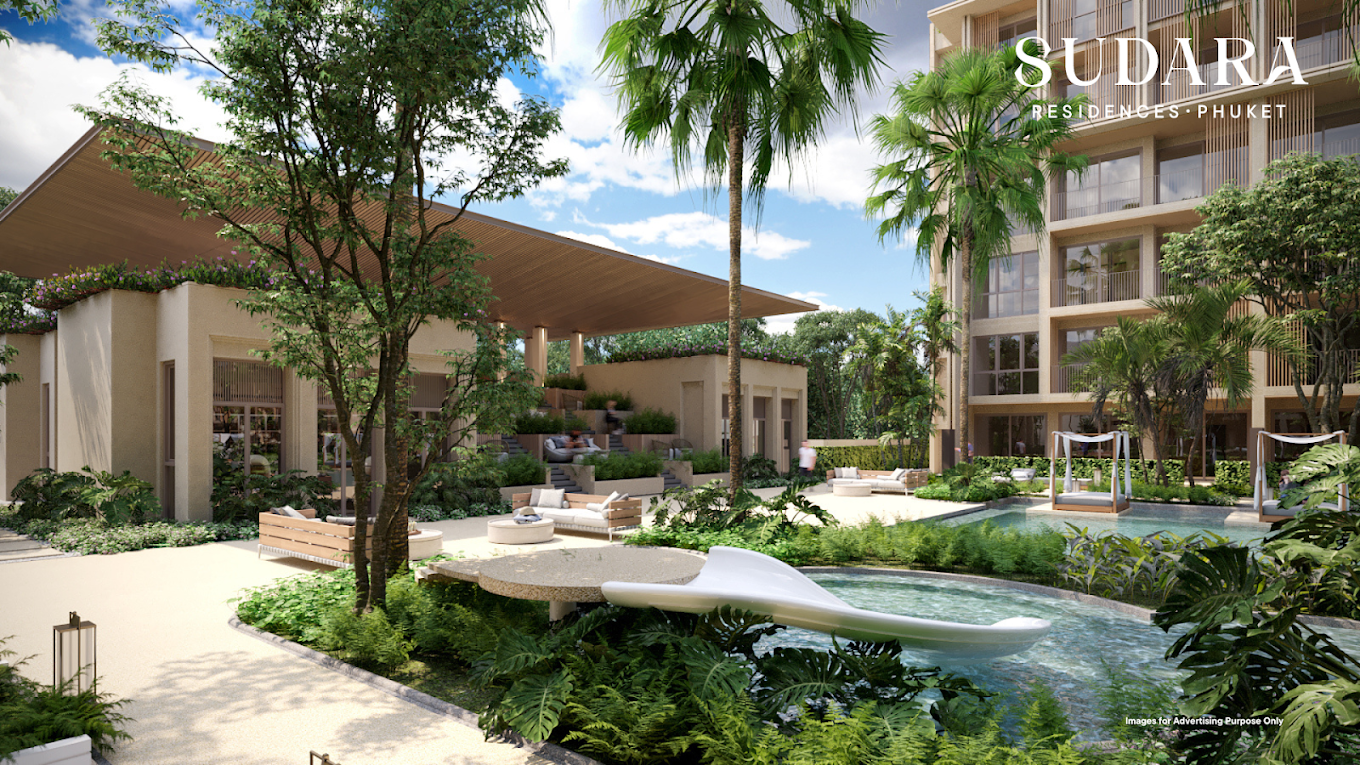
Wake up to bright, spacious living with stunning views and modern comforts. Whether for family living, retirement, or a stylish retreat, Sudara Residences makes your dream home a reality
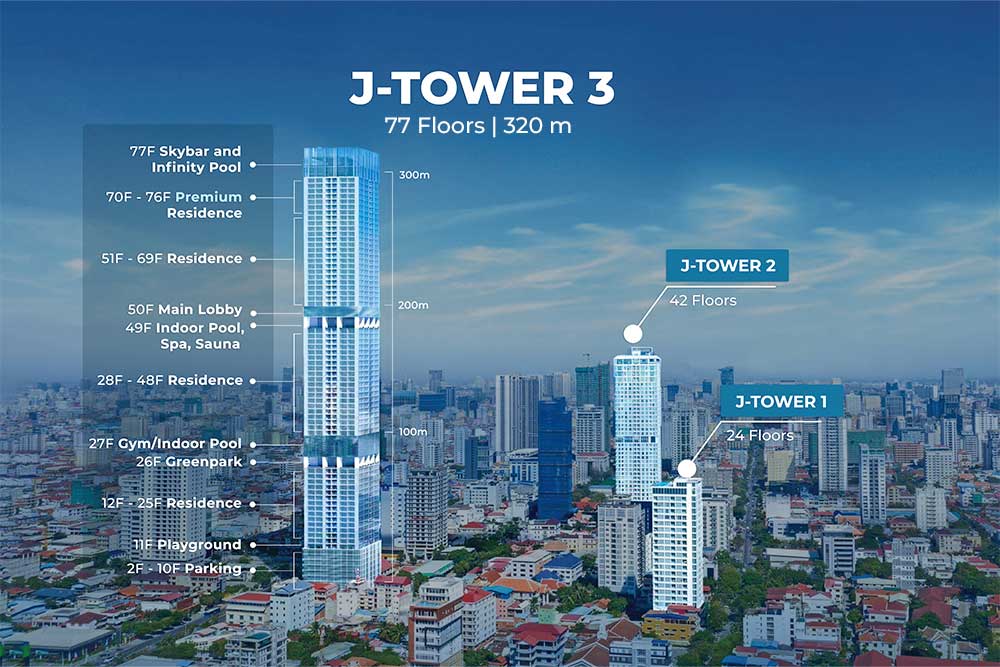
Discover curated property listings with IPS—residential, commercial, villas, land—and get expert guidance through every step.
BONUS: FREE Cambodia Buyer’s Guide

High visibility. Targeted audience. Maximum exposure. Rent this space and let your brand shine.

Get your properties in front of high-intent investors. Showcase your listings to buyers worldwide.
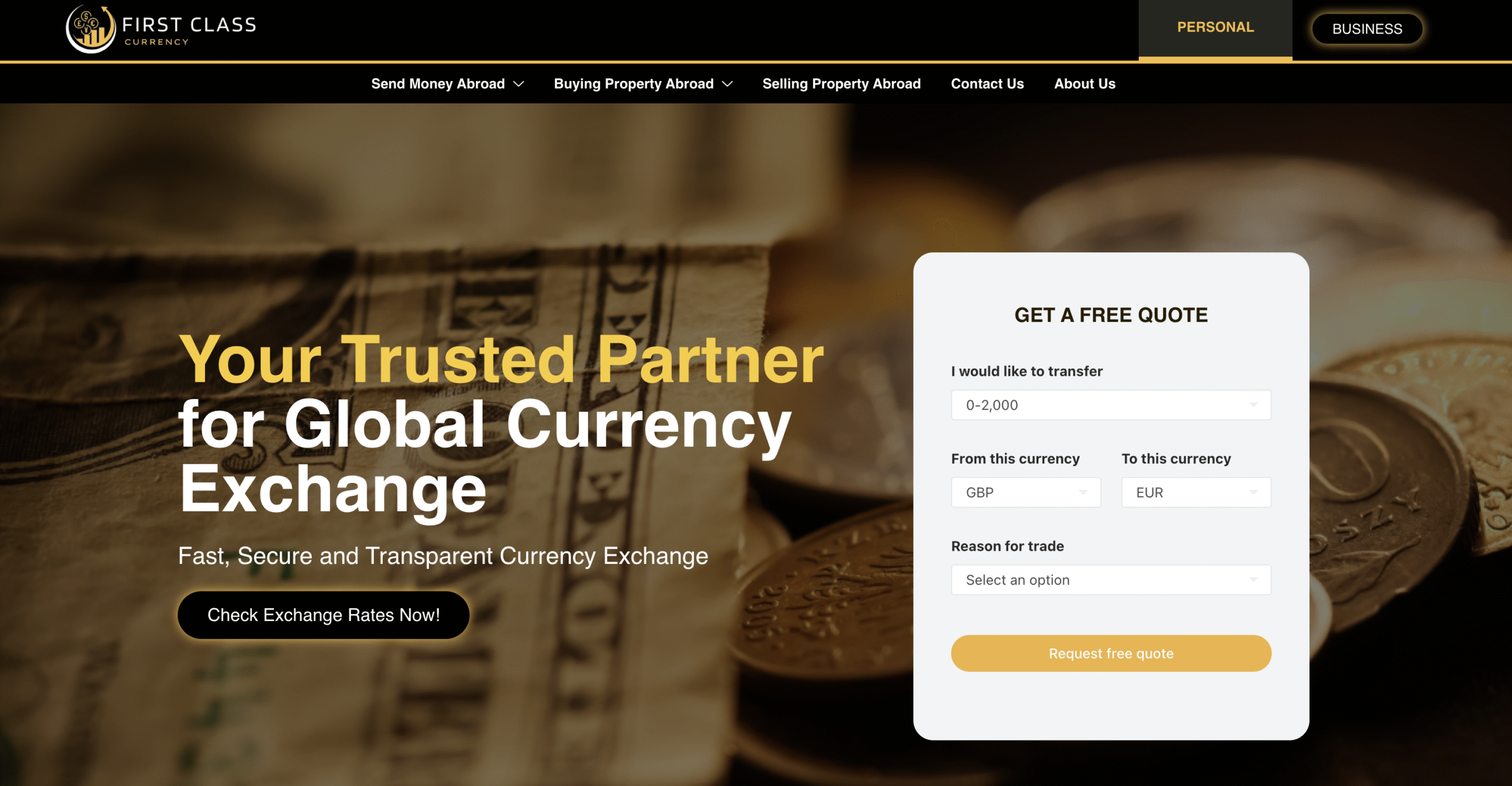
From pounds to pesos, yen to dollars. ⚡ Quick. Easy. Secure.
Compare listings
ComparePlease enter your username or email address. You will receive a link to create a new password via email.